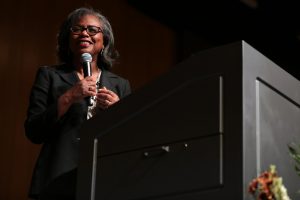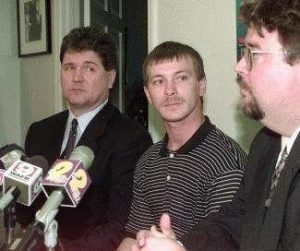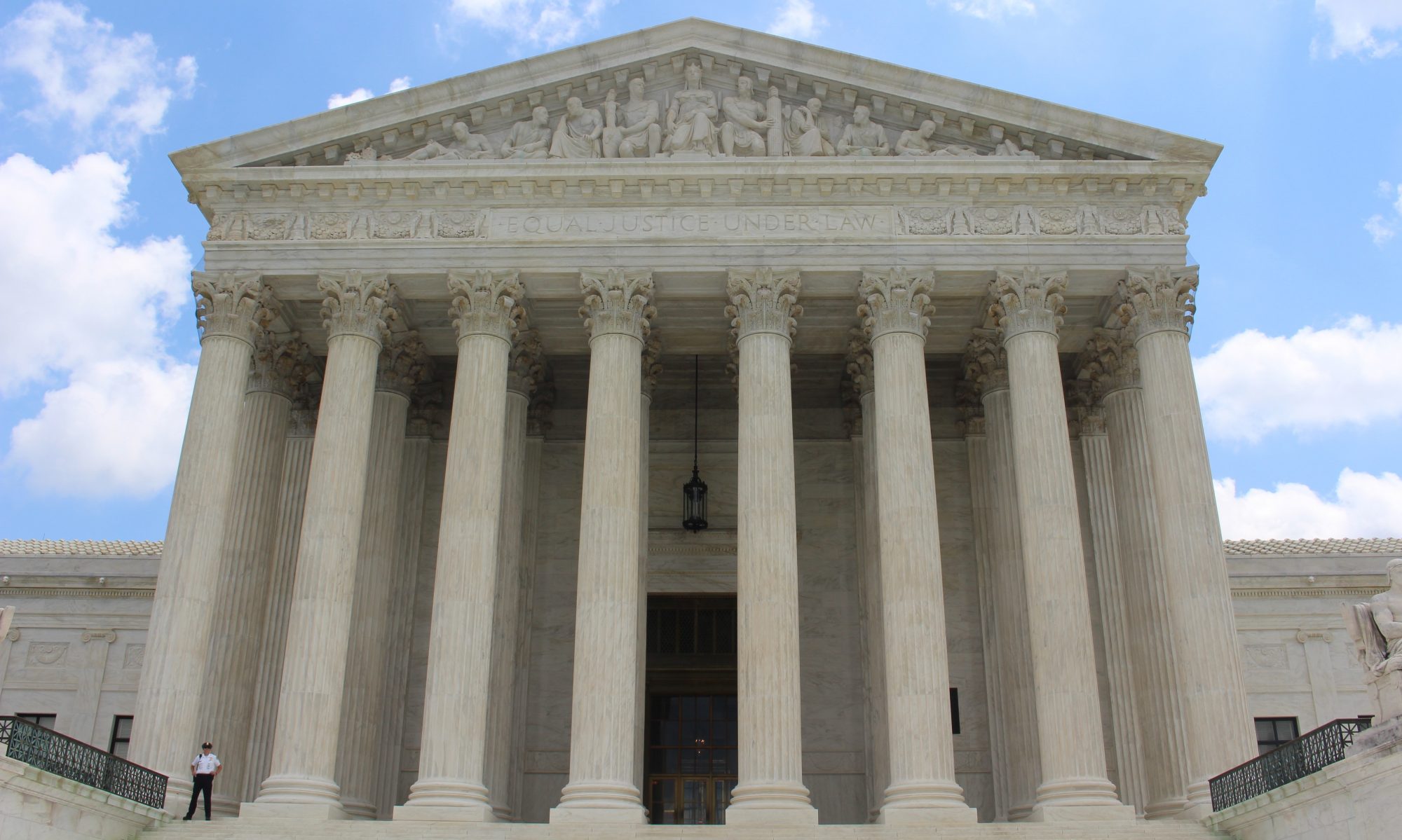Continue reading “Title IX of the Civil Rights Act of 1972, 42 U.S.C. s.1681”
Title VII of the Civil Rights Act of 1964, 42 U.S.C. s.2000e, et seq.
North Country (2005)

“Nominated for two Academy Awards, North Country is a fictionalized account of the first major successful sexual harassment case in the United States.”
Warner Brothers film information
This movie was based on the book “Class Action” by Claire Bingham and Laura Leedy Gansler.
Anita: Speaking Truth to Power (2014)
 Photo by Gage Skidmore
Photo by Gage Skidmore
Film that documents Anita Hill’s allegations against then- United States Supreme Court nominee Clarence Thomas, the senate hearings, and the history of these important events.
Documentary information
Gebser v. Lago Vista Independent School District, 524 U.S. 274 (1998)
In Gebser v. Lago Vista Independent School District, 524 U.S. 274 (1998), the Supreme Court ruled on school liability for teacher-student harassment under Title IX.
Kolstad v. American Dental Association, 527 U.S. 526 (1999)
In Kolstad v. American Dental Association, 527 U.S. 526 (1999), the Supreme Court ruled on when a jury can award punitive damages against an employer.
Crawford v. Metro. Gov’t. of Nashville and Davidson Cnty. Tenn., 555 U.S. 271 (2009)
In Crawford v. Metro. Gov’t. of Nashville and Davidson Cnty. Tenn., 555 U.S. 271 (2009), the Supreme Court offered guidance on what qualifies as protected activity and retaliation.
Pennsylvania State Police v. Suders, 542 U.S. 129 (2004)
In Pennsylvania State Police v. Suders, 542 U.S. 129 (2004), the Supreme Court evaluated the circumstances under which an employee might bring a successful constructive discharge case against an employer.
Oncale v. Sundowner Offshore Services, Inc., 523 U.S. 75 (1998)
Oncale v. Sundowner Offshore Services, Inc., 523 U.S. 75 (1998) ruled that Title VII prohibits same-sex sexual harassment.
For oral argument: https://www.oyez.org/cases/1997/96-568

Joseph Oncale and his attorneys.
Harris v. Forklift Systems, Inc., 510 U.S. 17 (1993)
In Harris v. Forklift Systems, Inc., 510 U.S. 17 (1993), the Supreme Court ruled on whether an employee has to prove that sexually harassing conduct seriously affected their psychological well being in order to win a Title VII case.
